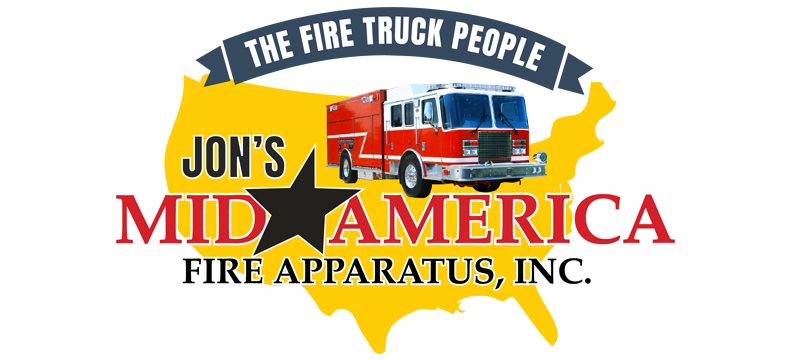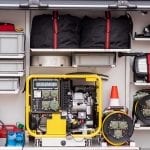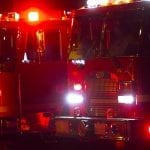The hottest days of the summer are still yet to come, and the need for good air conditioning in your fire apparatus will be even more apparent. When fire trucks became fully enclosed vehicles, they quickly became nearly inoperable in the heat. Without air conditioners, it would be impossible for a firefighter to go into a burning building and return to a vehicle with no air without getting a heat-related illness.
As we venture into the dog days of summer, it’s vital to make sure your air conditioner is ready to go. Let’s discuss what you can do to keep your AC operating and what can happen if your AC isn’t working.
How can I keep the AC operating?
Your first priority should be to keep your air conditioning running for as long as possible. This requires that you perform regular maintenance. Each year during your preventive maintenance check, your maintenance tech should tell you how your AC is currently performing. If your air conditioner is lagging, it may require you to replace certain components, or it may require you to replace the air conditioner entirely. Air conditioners are pieces of equipment that you don’t want to skimp on, as to do so would be a health hazard.
We suggest performing an AC check in March-April before it gets too hot. If you choose to wait until it’s 90 degrees outside, you could be putting your firefighters at risk. Even worse, you may have to take the apparatus out of commission entirely until the air conditioning is fixed. By starting your preventive maintenance earlier, you can avoid any issues that may arise with your AC.
What are the risks of excessive heat?
Firefighters are among those at the most risk for getting a heat-related illness due to the nature of their job. Between being near fires and wearing a large amount of protective equipment, it’s common for firefighters to show signs of:
- Heat cramps. Heat cramps can arise if one has been out in the heat without being properly hydrated. They usually cause cramps or muscle pain throughout the body and can be fixed by drinking water and getting to a cool place as fast as possible.
- Heat rash. Heat rash emerges as a cluster of red, raised bumps on areas of your body that have been exposed to heat. If you see a heat rash begin on your body, remove yourself from the heat until it goes away.
- Heat exhaustion. Once your heat-related illness has escalated to heat exhaustion, it is time to be seriously concerned. At this stage, you may start getting tired or dizzy, possible even passing out. If your symptoms are worsening or if you start throwing up, seek medical attention immediately.
- Heat stroke. Heat stroke can quickly lead to death if not treated. If you have a body temperature of 103 degrees and start showing signs of confusion, you must immediately seek treatment. If not, it could take only minutes for you to experience irreversible side effects.
Teach your department to check for signs of these illnesses so that no one is caught off guard. Heat related illnesses can cause a firefighter to pass out or die in only a short amount of time, so it’s key to keeping your department safe.
Does your apparatus need preventive maintenance?
Contact Jon’s Mid America. We can take a look at your apparatus and perform all of your needed maintenance to keep you running for as long as possible.



